By avnlucy on February 1, 2020
Veggie Gardening 101
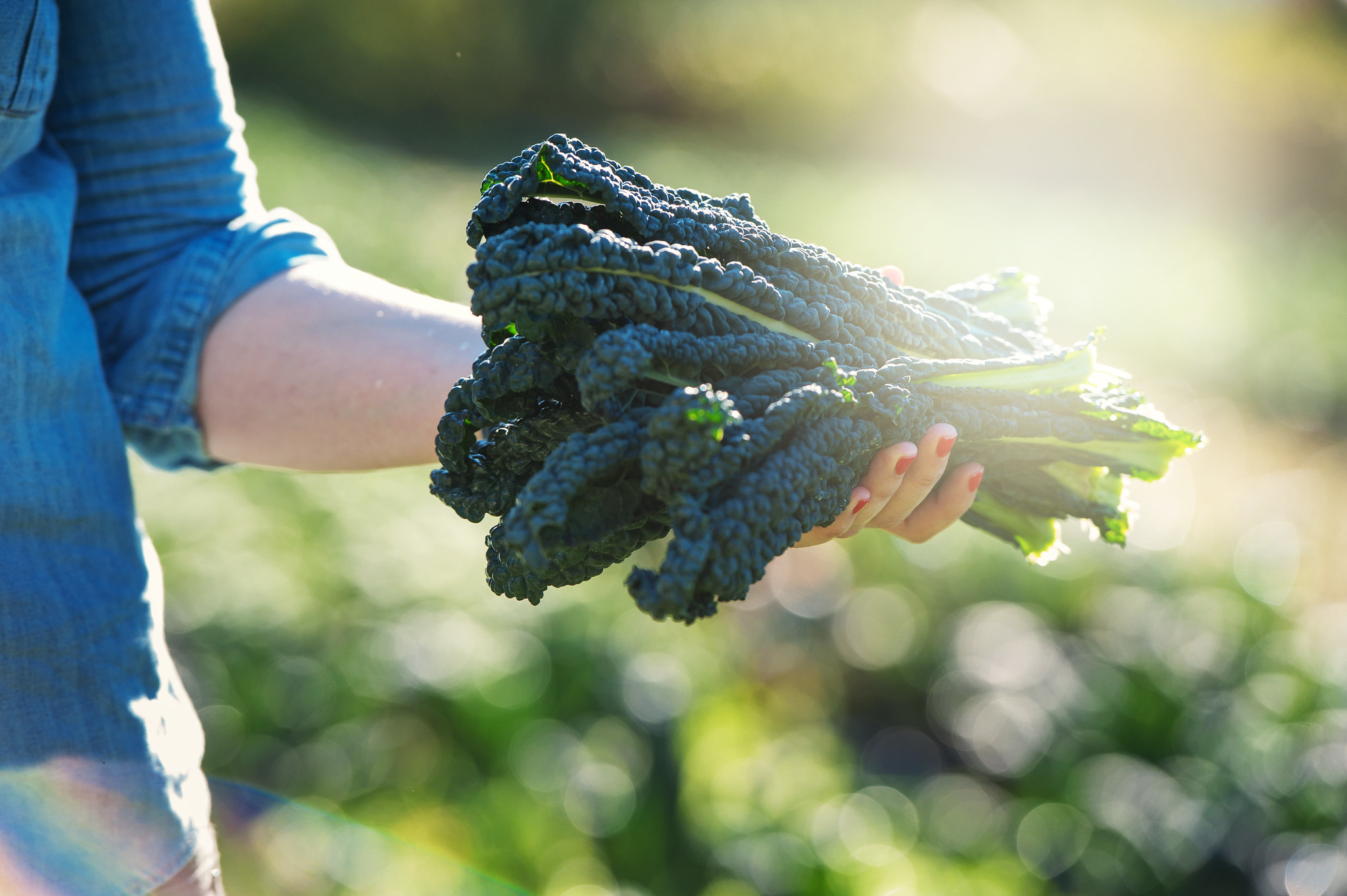 About this Workshop
About this Workshop
Always wanted to learn how to grow your food but don’t know where to start? Have you tried but been met with frustration? This beginners-level gardening workshop will go over all the basics you need to know to start growing your own vegetables: Soil health basics, planting (from seed and transplanting), watering, fertility, harvesting, plant health, troubleshooting, and information about the most common vegetable plant families and what they need to thrive!
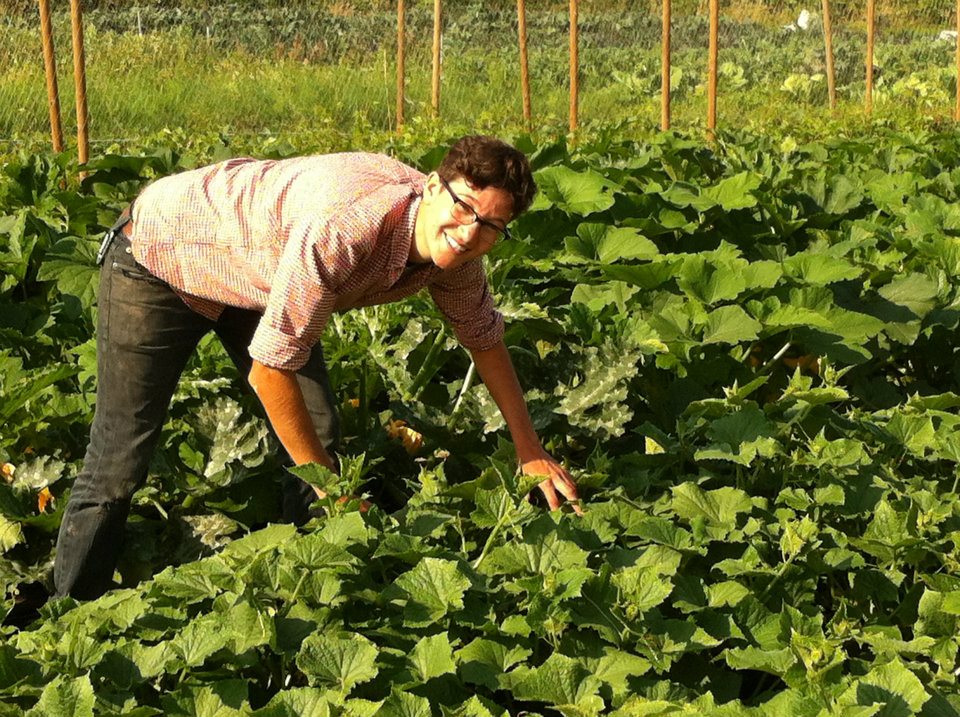 About the Instructor
About the Instructor
Mik Turje has been working in community food and agriculture for over a decade. First as a small-scale organic farmer on Vancouver Island and in Richmond where they grew a variety of veggies for farmers markets, CSA’s and high-end grocery stores. Then as a community development worker in the Food and Urban Agriculture movement. Mik was the Urban Agriculture Coordinator at The Stop Community Food Centre in Toronto for many years, where they taught a full slate of gardening workshops and mentored new gardeners. Mik now runs a small food security organization in Renfrew-Collingwood
Date and Time
Thursday, May 7 | 6:00 – 8:00 pm (2 hours)
Location
UBC Farm
3461 Ross Drive, Vancouver BC
Cost
$29 ($25 student pricing) + GST
Read More | No Comments
By avnlucy on January 30, 2020
Starting Your Own Seedlings
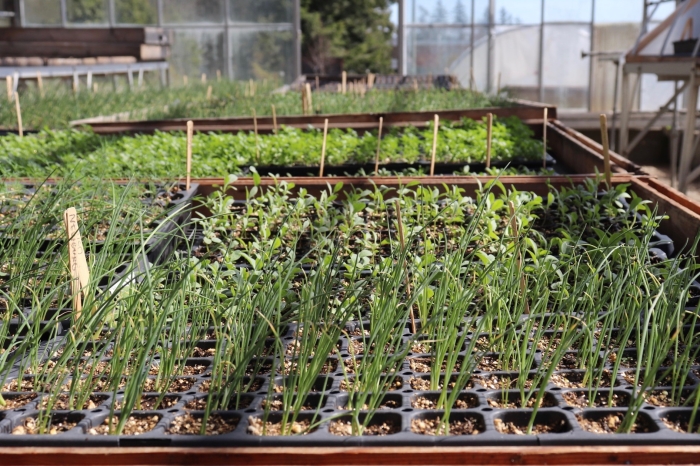 About this Workshop
About this Workshop
Save money, and gain access to a wider variety of garden veggies by starting your own seedlings! This workshop will go over everything you need to know to start your own vegetable seedlings. Topics will include (but are not limited to): what potting mix to use, moisture and light requirements, troubleshooting, and how to build your very own DIY seedling setup.
 About the Instructor
About the Instructor
Mik Turje has been working in community food and agriculture for over a decade. First Mik worked as a small-scale organic farmer on Vancouver Island and in Richmond where they grew a variety of veggies for farmers markets, CSA’s, and high-end grocery stores. In addition, Mik has worked as a community development worker in the Food and Urban Agriculture movement. Mik was the Urban Agriculture Coordinator at The Stop Community Food Centre in Toronto for many years, where they taught a full slate of gardening workshops and mentored new gardeners. Mik now runs a small food security organization in Renfrew-Collingwood
Date and Time
Thursday, April 23 | 6:00 – 8:00 pm (2 hours)
Location
UBC Farm
3461 Ross Drive, Vancouver BC
Cost
$40 ($34 student pricing) + GST
Read More | No Comments
By avnlucy on January 28, 2020
Cancelled: Learning the Art of Japanese Cuisine: Chirashi Sushi
Due to the ongoing response to COVID-19 in Canada and around the world, we have decided to cancel upcoming community workshops for the next month.
We are monitoring the situation and will keep participants informed if further cancellations are required. We will provide full refunds to participants.
For full information on UBC’s response and guidance with respect to COVID-19, please view: ubc.ca.
Please reach out to us if you have any concerns at farm.team@ubc.ca.
 About this Workshop
About this Workshop
Join local Japanese food expert Kimiko Suzuki to learn how to make Kimiko’s two very special dishes, a chirashi sushi and one refreshing side dish using cucumber and pickled plums. “Chirashi sushi” means ‘scattered sushi’ because all the delicious toppings are scattered or strewn over the rice just before serving. Taste these dishes for yourself and leave with new recipes to try!
All dishes made are nut-free and vegan/vegetarian friendly.
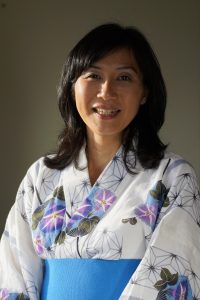 About the Instructor
About the Instructor
Kimiko Suzuki loves sharing her passion for locally sourced, simple and delicious dishes. Born and raised in Wakayama, Japan, she enjoyed the freshness, sweetness and richness of vegetables picked from her grandfather’s garden plot and learned true home-style Japanese cooking techniques in her mother’s kitchen. Kimiko teaches at Cook Culture and Well Fed Studio in North Vancouver, has been published in edible Vancouver Wine and Country 2019 Fall Edition, and is a contributing food writer for Vancouver Shinpo, a local Japanese newspaper.
Date and Time
DATE Saturday, April 18 | 2:30 – 4:30 pm (2 hours)
Location
UBC Farm
3461 Ross Drive, Vancouver BC
Cost
$60 Standard ($53 Student) + GST
Read More | No Comments
By avnlucy on January 25, 2020
Learning the Basics of Herbal Medicine
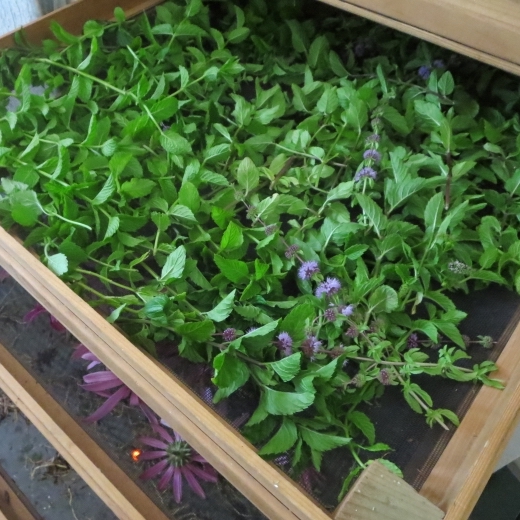 About this Workshop
About this Workshop
Join us for an informative talk on incorporating herbal medicine into your lifestyle. This talk offers gems for new and seasoned herbalists alike! We will discuss some back-to-nature home remedies and effective herbal medicines (including kitchen vegetables, spices, well known herbal medicines and wild plants) for common family health issues and ways of using herbal medicines in your home for common first aid, topical application and medicinal use.
There will be an opportunity to ‘sample the flavours’ of some gentle herbs during this talk (so bring a spoon and a drinking mug!).
 About the Instructor
About the Instructor
Katolen Yardley, MNIMH, RH (AHG) is a medical herbalist and nature knower with over 20 years of clinical and herbal medicine making experience in private practice in Vancouver, BC. She enjoys providing usable tools for optimal health through inspiration and education. She is the author of the “Good Living Guide to Natural and Herbal Remedies” (August 2016) and current president of the Canadian Herbalist’s Association of British Columbia. She is a clinic supervisor at Dominion Herbal College and adjunct faculty at Boucher Naturopathic College and offers seminars to the general public.
Date and Time
DATE Tuesday, March 3 | 7:00 – 9:00 pm (2 hours)
Location
UBC Farm
3461 Ross Drive, Vancouver BC
Cost
$29 Standard ($25 Student) + GST
Read More | No Comments
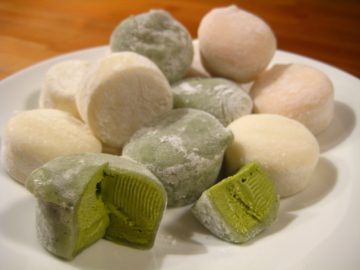 About this Workshop
About this Workshop About the Instructor
About the Instructor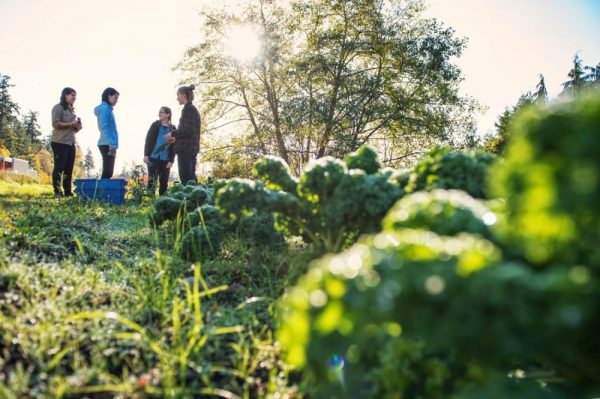
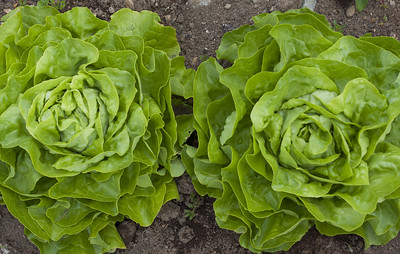 About this Workshop
About this Workshop About the Instructor
About the Instructor



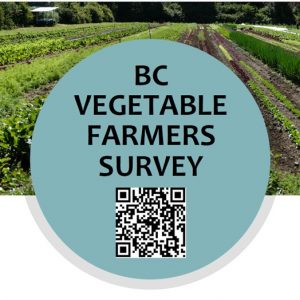
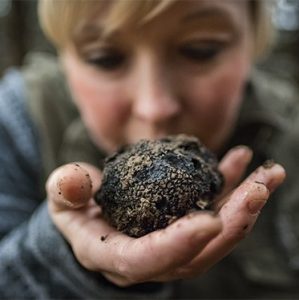
 About this Workshop
About this Workshop About this Workshop
About this Workshop About this Workshop
About this Workshop About this Workshop
About this Workshop About the Instructor
About the Instructor